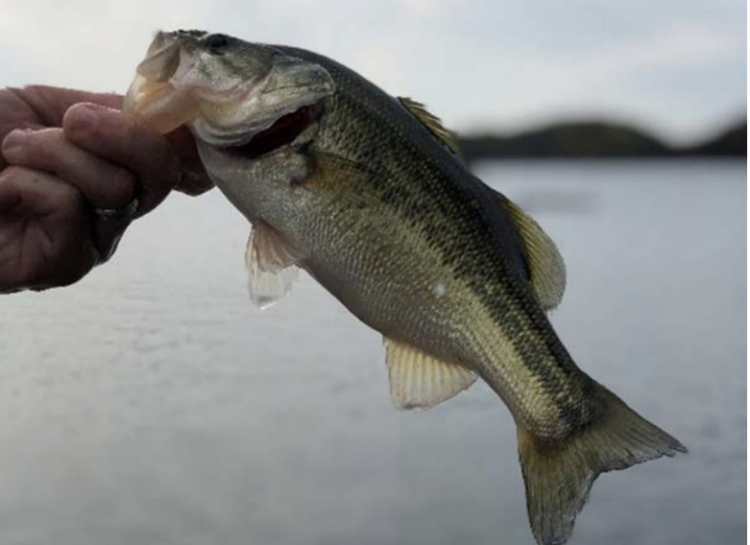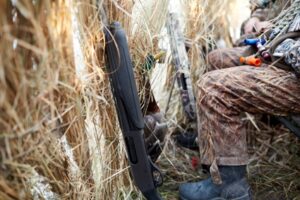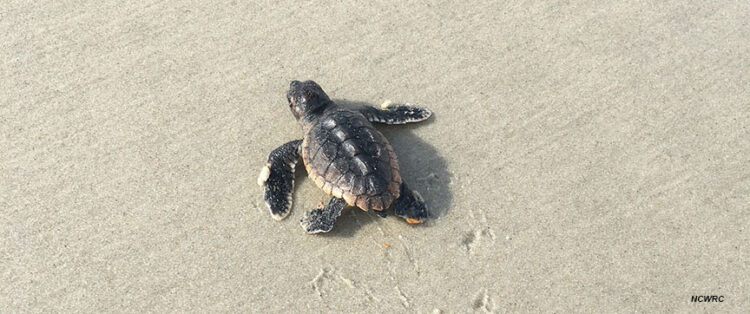
Photo NCWRC
Oct. 28. North Carolina Wildlife Resources Commission’s Lake Norman F-1 largemouth bass evaluation is in its second year.
This is a five-year study to examine the efficacy of stocking F-1 largemouth bass in Lake Norman. F-1 largemouth bass are a hybrid cross between Florida and northern strain largemouth bass that are produced in commercial fish hatcheries. These hybrids have been shown to grow larger than wild largemouth bass in other systems outside North Carolina.
The $369,000 funding for the project in Mecklenburg, Iredell, Catawba and Lincoln counties comes from a Wildlife and Sport Fish Restoration Grant.
Primary objectives are to
—determine the persistence of these stocked fish in Lake Norman over time
—to determine if they grow faster and/or larger than wild-spawned largemouth bass.
In 2020, the researchers stocked 2,000 sub-adult largemouth bass followed by stockings in 2021 of 40,000 fingerlings and 2,000 sub-adults.
An initial evaluation of these stockings was conducted via an electrofishing survey in April 2022. Genetic results to determine if any stocked F1 fish were captured are pending.
Additional fingerling stockings are scheduled for summers through 2026. It will take several years for these fish to reach harvestable size and for conclusions to be made regarding the effects of stocking F1 hybrids in Lake Norman.
Other wildlife news

HPAI hasn’t been detected in wild birds in NC since March, however waterfowl hunters should be observant and careful when handling wild birds. Photo NCWRC
Avian influenza precautions for waterfowl hunters
No new highly pathogenic avian influenza (HPAI) infections have been documented in wild birds in North Carolina since March. However, those birds that migrated to other states and Canada during the spring and summer, where HPAI was present, are returning to North Carolina for the winter. Waterfowl hunters are urged to take health precautions as they directly interact with wild birds.
Sea turtle nesting success stories
The second largest number of sea turtle nests laid (1,957) was documented during the 2022 nesting season, thanks to the help of a network of trained cooperators and volunteers who monitor coastal nesting beaches. Wildlife Commission biologists coordinate this valuable group of people to protect incubating eggs and evaluate success. Over 140,000 turtle hatchlings have been produced on North Carolina beaches this year.

Photo BCWRC





